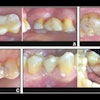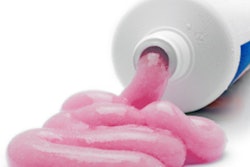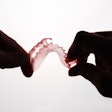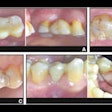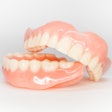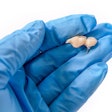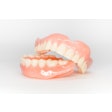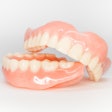On October 3, 2011, the U.S. Food and Drug Administration (FDA) issued a warning to consumers regarding the overuse of zinc-laden denture creams.
The FDA warned that overuse of zinc-containing denture adhesives can lead to adverse events such as nerve damage, numbness, or tingling sensations.
According to the FDA, the warning was prompted by adverse event reports received by the agency, and a review of medical literature linking zinc-containing denture adhesives to nerve damage. Specifically, the FDA noted that individuals who use two or more tubes of denture cream a week face an increased risk of zinc toxicity. A tube should typically last between seven to eight weeks.
The FDA previously addressed the risks associated with zinc-containing denture creams earlier this year. In February, the agency recommended that manufacturers make denture cream without zinc. The two primary denture adhesive manufacturers in the U.S. are Procter & Gamble, which makes Fixodent, and GlaxoSmithKline, which makes Super Poligrip.
In this latest action, the FDA requested that denture adhesive manufacturers include directions on the packaging to prevent consumers from experiencing adverse events as a result of overexposure to zinc, and specify on the products' label that zinc is an ingredient.
In addition, the agency stressed that properly fitting dentures should not require additional adhesive to stay in place, recommending that individuals whose dentures are loose should have them relined or be fit for new ones. The FDA also emphasized that denture wearers should not use more adhesive than recommended.


